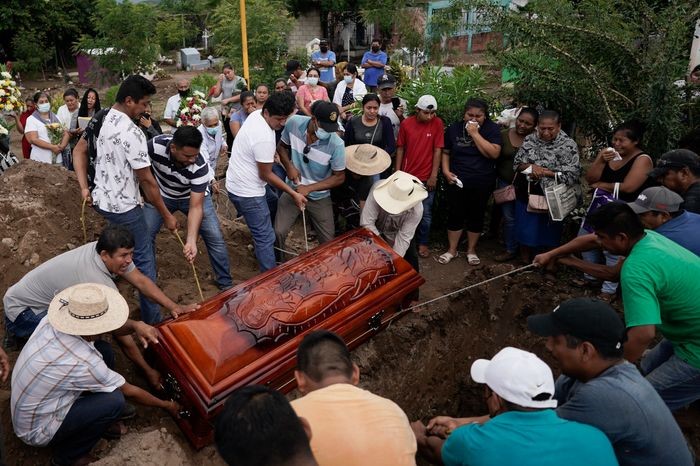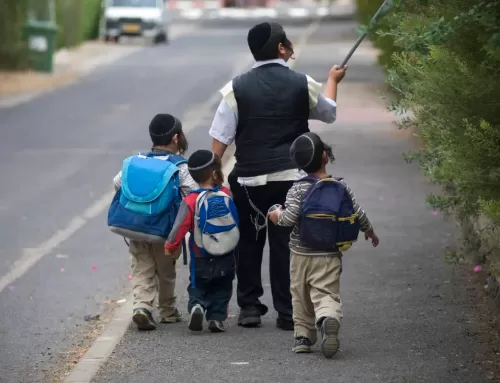“People just ask themselves: Who can help us? Not even God?”
Today’s Wall Street Journal highlighted a major problem in Mexico. Specifically, criminal gangs behind the U.S. drug epidemic are seeing accelerated growth, commanding greater control over more territory in Mexico. They are free to murder rivals, neuter police, seize property and strong-arm municipalities into giving them public contracts.
Gangs affiliated with Mexico’s two largest drug cartels—battling to the death over market share—have grown in number and influence since President Andrés Manuel López Obrador took office in 2018. He eased up under a policy he called “hugs, not bullets.” Arrests by Mexico’s national guard, created under López Obrador to replace federal police, fell to 2,800 in 2022 from 21,700 in 2018, according to the national statistics agency.
Obrador’s policy has opened the door to an expansion of criminal enterprises by cartels whose most lucrative business remains the production and transport of fentanyl and methamphetamine to the United States. Softening prices for cocaine and marijuana have squeezed profits, prompting cartels to broaden extortion rackets and pursue new moneymaking schemes.
Under the threat of force, city mayors are appointing gang members to local treasury offices, said two former mayors in Mexico’s state of Guerrero. Those jobs effectively give cartels control over contracts for municipal construction, procurement and other public services.
Killings of government officials, candidates and political party members rose to 355 in 2023 from 94 in 2018, said Sandra Ley, a security expert at the México Evalúa research center. “It’s not just violence,” she said, “It is political, social control.”
The spread of cartel control and increasing violent tactics have driven Mexican families to the U.S. in record numbers. Around 87,000 Mexicans traveling with children were apprehended on the Southwest U.S. border in the fiscal year that ended Sept. 30, 2023, nearly four times as many as in the previous year, according to Border Patrol data. In December, nearly 30,000 were detained. By diversifying into migrant smuggling, cartels profit even from people trying to escape their control.
There has been some pushback from Mexican civilians. Truck drivers staged a nationwide strike this month demanding action. In December, farmers in the state of Mexico attacked local cartel members with machetes and sickles, revolting against demands that they peach as much as $600 to work their own land. The fight killed 10 gang members and four farmers.
Many officials in Obrador’s party, which govern 23 of Mexico’s 32 states, interpreted his policy of hugs-not-bullets as permission for them to accommodate gangs.
Conclusion
Unfortunately, drug cartels operate in many countries in Latin America. I have for many years advocated making drugs free in order to take away its economic incentive. American politicians are probably afraid to advocate for my policy partly out of fear of drug cartel reprisals.




